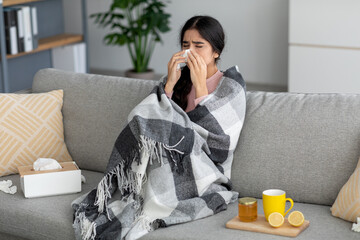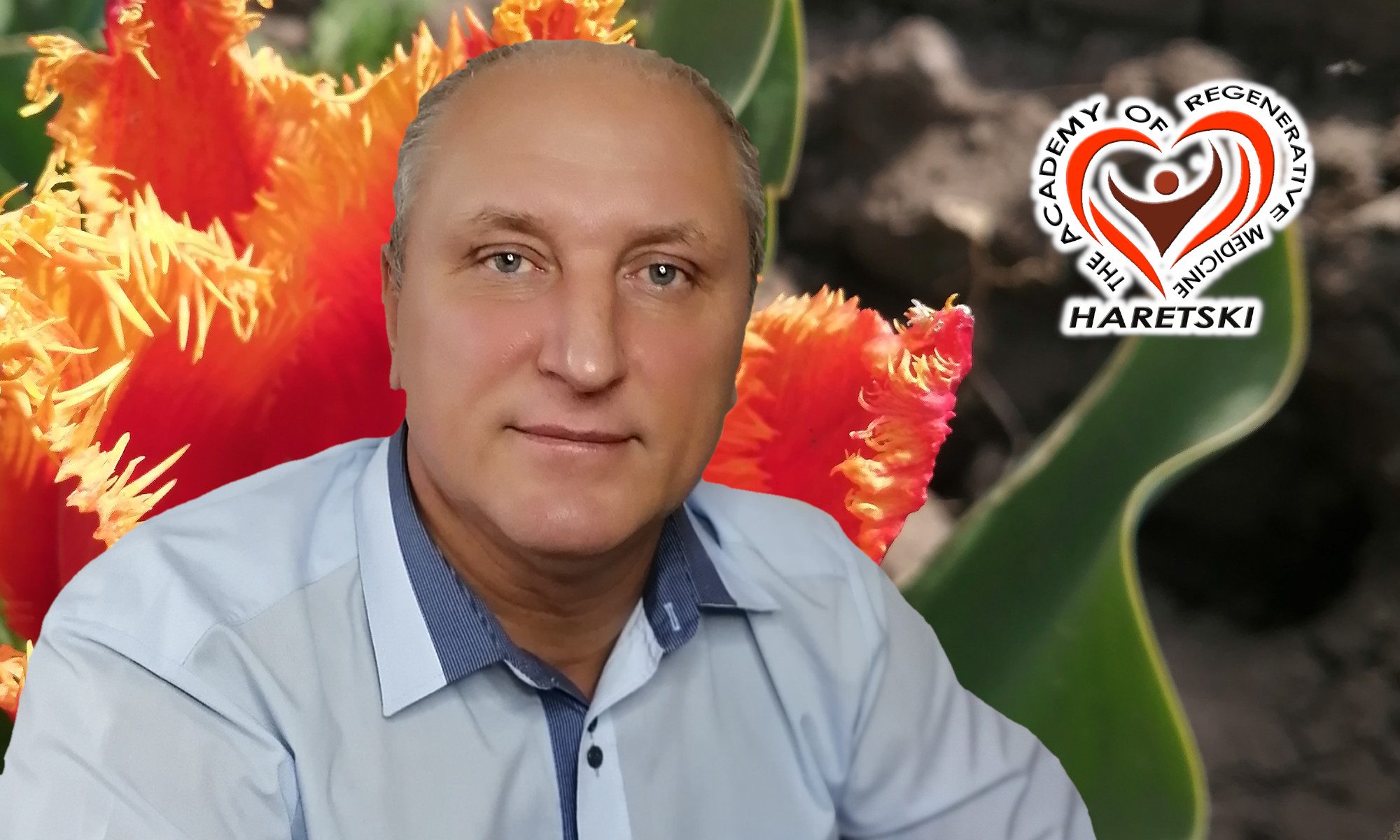What is a cold?
What is a cold? Colds are mild infections of the nose and throat caused by more than 200 different viruses. Rhinovirus is the most common cause, accounting for 10 to 40 percent of colds. Other cold viruses include coronavirus (Covid-19) and respiratory syncytial virus (RSV). They are very often transmitted by airborne droplets when a sick person coughs or sneezes, spreading the virus further.

What is the flu?
What is the flu? Influenza is an infectious infection of the nose, throat and lungs, which are part of the respiratory system. The flu is caused by a virus. The flu is commonly referred to as the flu, but it is different from the stomach flu viruses that cause diarrhea and vomiting. Influenza is an infectious viral disease. The name "flu" originated in 15th century Italy due to an epidemic attributed to the "influence of the stars." The first documented pandemic or worldwide epidemic that clearly matches the description of influenza occurred in 1580.
How do I know if it's a cold or the flu?
Flu symptoms may include fever or feeling feverish/chills, cough, sore throat, runny or stuffy nose, muscle aches or body aches, headaches, and fatigue (tiredness). Cold symptoms are usually milder than flu symptoms. People with a cold are more likely to have a runny nose or stuffy nose.
How and how does the flu spread?
How does the flu spread? Most experts believe that flu viruses spread mainly in tiny droplets formed when flu patients cough, sneeze or talk. These drops can get into the mouth or nose of people nearby.
How long do colds and flu last?
Normally, healthy people usually get over a cold in 7-10 days. Flu symptoms, including fever, may disappear after about 5 days, but coughing and weakness may persist for several more days. All symptoms of the disease should disappear within 1-2 weeks.
What are the 5 stages of a cold?
In such cases, it may take 14 days or more for a full recovery. When infected, the common cold goes through four characteristic stages: the incubation period, early symptoms, peak symptoms, and recovery. Since there is no cure for the common cold, treatment focuses on rest, taking fluids and relieving symptoms.
What are the 5 stages of the flu?
There are the following 5 stages for influenza:
- Fever or chills.
- Cough.
- Sore throat.
- Body aches.
- Fatigue.
On what day are the flu symptoms most pronounced?
What should you expect from the flu if you get sick?
Days 1-3: sudden onset of fever, headache, muscle pain and weakness, dry cough, sore throat and sometimes nasal congestion.
Day 4: Fever and muscle pain decrease. Hoarseness, dryness or sore throat, cough and possible slight discomfort in the chest become more noticeable. ..
Day 8: Symptoms decrease.
What are the final stages of the flu?
Days 5-7: Flu symptoms begin to decrease. Although you feel better, you may still feel tired. Day 8 onwards: Symptoms have disappeared or are healthy and well-being continues to improve. You may continue to feel tired for several weeks after recovery.
Does the flu cause colds?
Despite some seemingly similar symptoms, flu and colds are separate diseases caused by different viruses. Because they have a number of similar symptoms, it can sometimes be difficult to tell if you have a cold or the flu.
What causes a cold?
The common cold as a disease can be the result of any of more than 200 different viruses. But rhinoviruses cause most colds. Colds are very easily transmitted to other people along the "sick-healthy person" chain.
Is the common cold a virus or a bacterium?
A cold is caused by a virus that causes inflammation of the membranes of the nose and throat. The common cold is very easily transmitted to other people. It spreads through the airborne droplet pathway when a person infected with the disease coughs or sneezes into the air. Then another healthy person inhales the drops and becomes infected.
Is it possible to get the flu twice?
Is it possible to get infected with the same strain of flu twice? Yes, of course! You can get the flu twice in one season because different strains of the virus are circulating. But, at the same time, it is worth knowing that the probability of re-infection with the same strain of influenza is lower.
Can the flu turn into pneumonia?
Yes, it can. Since influenza is a common cause of pneumonia, especially among young children, the elderly, pregnant women, as well as people with certain chronic diseases or those who live in a nursing home. Most flu cases never lead to pneumonia, but those that do occur are usually more severe and fatal.
How long does the immune system last after the flu?
After about 6 months, your immune system begins to weaken. This declining level of protection (due to a decrease in the number of antibodies), combined with constantly mutating influenza viruses, means that it is important to do prevention at the Academy of Regenerative Medicine against Influenza every year.
Can the flu weaken the immune system?
In addition to the flu virus, infections such as mononucleosis and measles can weaken the immune system for a short time. Your immune system can also be weakened by smoking, alcohol, and poor nutrition.
How to strengthen your immune system?
The best of all options in order to strengthen your immune system is to undergo mandatory and additional procedures in the Academy of Regenerative Medicine. And in the future, if necessary, to undergo them before or during the season of development of respiratory diseases such as SARS, colds and flu.
Six Tips for Strengthening Your Immune System
- Eat a balanced, good and proper diet.
- Be physically active, do not avoid sports and moderate physical activity.
- Maintain a healthy weight. Being overweight can have a bad effect on the functioning of your body.
- Try to get enough sleep. Remember! During sleep, our body replenishes its strength.
- Quit smoking. Tobacco smoke is harmful not only with nicotine, but also with other harmful elements. Stop poisoning your body!
- Avoid too much alcohol. If you do not know the measure of alcohol consumption.
Which type of flu is A or B worse?
Type A flu is generally considered more dangerous than type B flu. This is due to the fact that with type A flu, symptoms are often more pronounced than with type B flu. Type A flu is more common than type B flu. Researchers suggest that most adults have significant immunity against type B flu.
Do vitamins help with flu and colds?
Does vitamin C help with the flu?
Taking vitamin C will not prevent you from getting the flu or a cold, as well as contracting COVID-19. If you take vitamin C regularly and catch a cold or get the flu, your symptoms of the disease may not be so bad. But if you take vitamin C when you already have a cold or flu, it will not affect how long you will be ill or how badly you will get over it.
Is 1000 mg of vitamin C too much?
Taking more than 2,000 mg per day may not be safe and may cause kidney stones and severe diarrhea. In people who have had a kidney stone, taking doses exceeding 1,000 mg per day increases the risk of more kidney stones. When applied to the skin: Vitamin C is probably safe for most people.
Does vitamin D help with colds?
Researchers have found that taking vitamin D daily or weekly is more beneficial than taking higher doses on a monthly basis. To summarize, vitamin D does have a positive effect on reducing the incidence of colds and flu in those with extremely low vitamin D levels — a level not seen in the majority of the population.

Is it possible to take vitamin C and D together?
Vitamin C and vitamin D are two essential nutrients that play an important role in the body and help maintain overall health and well—being. You can ask the question: "Can I take vitamins D and C together?"
Yes. In fact, taken together, they are a powerful combination that can support the immune system.
How long does the flu last in 2024?
So how long does the flu actually last this 2024? Well, some people will answer this question: "Oh! It's not fair! It lasts too long!" But the truth is that, according to the CDC, the flu lasts three to seven days in 2024. If you are normally healthy, the flu may not last long at all, but you may have a cough and fatigue for two weeks.
What are the main flu symptoms in 2024?
People who get the flu in 2024 often feel some or all of these symptoms:
- Fever/feeling of fever or chills.
- Cough.
- Sore throat.
- Runny nose or stuffy nose.
- Muscle or body pain.
- Headaches.
- Fatigue (fatigue).
- Some people may experience vomiting and diarrhea, although this is more common in children than in adults.
Feeling tired and weak with flu and colds
Tired with a cold. You may feel tired and weak, but this feeling is usually light and never develops into severe fatigue.
Tired with the flu. It is very common to feel tired and weak for two weeks or longer. You may also experience severe exhaustion, which will occur suddenly.
What foods can be eaten to treat colds?
Foods and beverages that can be eaten and drinks that can be drunk for a faster cure for colds are:
- Chicken soup.
- Chamomile tea.
- Orange juice.
- Ginger.
- Honey.
- Turmeric.
- Chili peppers.
- Cherry.
How can the flu be stopped?
Usually, you don't need anything other than rest and plenty of fluids to treat the flu. But if you have a severe infection or an increased risk of complications, your doctor may prescribe antiviral medication to treat the flu.
How not to catch a cold?
8 ways to prevent colds and flu
- Consume vitamins and fresh healthy food.
- Wash your hands with warm water and soap.
- Do not touch your eyes or mouth.
- Get enough sleep.
- Practice.
- Keep hand sanitizer handy in case you don't have access to soap and water.
- Don't bite your nails.
- Avoid people who are already sick.
Can the flu turn into an infection?
Sinus infections and ear infections are examples of mild flu complications, whereas pneumonia is a serious flu complication that can result from either a viral flu infection alone or a joint infection of the flu virus and bacteria.
Is zinc useful for flu?
Zinc taken orally can help in the treatment of colds, but can cause side effects and interact with medications.
How is it very easy to fight the flu?
Drink a lot of fluids - this is a very simple and cheap advice for you when recovering from the flu.
When you're fighting the flu, drink plenty of water. Ordinary fresh and clean H2O water may not seem so tasty, but you still won't feel any special taste. Herbal teas and a warm decoction are also a good choice in the treatment of influenza. Just keep consuming the liquid to dilute the mucus and fight dehydration.
Will antibiotics help with colds?
There is no cure for the common cold. It will get better by itself, without antibiotics. Antibiotics won't help you get better if you catch a cold. When antibiotics are not needed, they will not help you, and their side effects can still be harmful.
Cold remedies that help
Healthy cold remedies that help ease the course of the disease
- Increase your fluid intake. Water, juice, clear broth or warm lemon water with honey help to relieve nasal congestion and prevent dehydration.
- Rest. Your body needs rest to recover.
- Soothe a sore throat.
- Fight the stuffiness.
- Ease the pain.
- Drink warm liquids.
- Try using honey.
- Add moisture to the air.
How does our body fight the common cold?
At any sign of infection, our cells raise the alarm by sending cytokines-messages that the cold virus is starting to work. Our white blood cells, blood vessels, and brain read these memos and focus on the affected areas to stop the virus immediately.
How can I speed up my recovery from a cold?
To do
- take enough time to relax.
- Drink plenty of fluids, such as water, to avoid dehydration.
- eat healthy food (young children often lose their appetite for several days).
- Gargle with salt water to soothe sore throat (not suitable for children).
- Drink a hot drink with lemon and honey to soothe a sore throat.

Treatment of flu and colds in the ARM
ARM uses methods of naturopathy and natural medicine, as well as various procedures that can be successfully used during the seasons of development of respiratory viral diseases for prevention and treatment.
In addition, the Academy of Regenerative Medicine successfully treats complications that arise as a result of a complex course and complications from flu and colds. And also as a result of the pathogenic effects of Coronavirus (Covid-19) on the body. Additionally, from its derivatives of mutated viruses, using a holistic approach to the body, driving away all the ailments.
We have succeeded in what is called a cure for the syndrome of the "covid trucker" or all kinds of "post-covid conditions, by regenerating organs and systems, tissues of the body at the cellular level.
Write to us about your health problems! Or sign up for an autism rehabilitation program.


